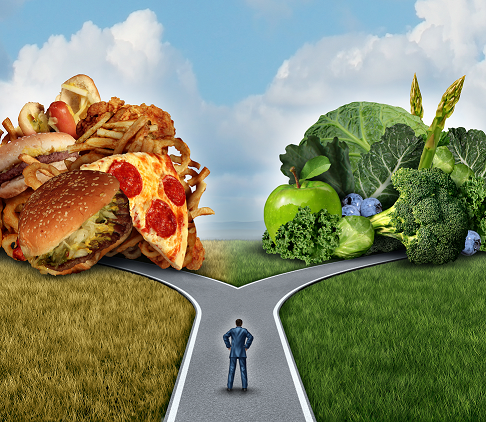Sharing from Dr Mercola- this is real folks and with all the real time marketing of ‘nice foods’ we are going to have to make determined choices to adjust our lifestyles if we even want to live a quality driven life to ensure we get to see a couple of generations enjoying each other under 1 roof as I just had the privilege of doing this past few weeks. Pleas read this article to hear my cry…
“Brain Imaging Shows Food Addiction Is Real
The study, published in the American Journal of Clinical Nutrition3 examined the effects of high-glycemic foods on brain activity, using functional magnetic resonance imaging (fMRI). One dozen overweight or obese men between the ages of 18 and 35 each consumed one high-glycemic and one low-glycemic meal. The fMRI was done four hours after each test meal. According to the researchers:
“Compared with an isocaloric low-GI meal, a high-glycemic index meal decreased plasma glucose, increased hunger, and selectively stimulated brain regions associated with reward and craving in the late postprandial period, which is a time with special significance to eating behavior at the next meal.”
The study demonstrates what many people experience: After eating a high-glycemic meal, i.e. rapidly digesting carbohydrates, their blood sugar initially spiked, followed by a sharp crash a few hours later. The fMRI confirmed that this crash in blood glucose intensely activated a brain region involved in addictive behaviors, known as the nucleus accumbens.
Dr. Robert Lustig, Professor of Pediatrics in the Division of Endocrinology at the University of California, a pioneer in decoding sugar metabolism, weighed in on the featured research in an article by NPR:4
“As Dr. Robert Lustig… points out, this research can’t tell us if there’s a cause and effect relationship between eating certain foods and triggering brain responses, or if those responses lead to overeating and obesity.
‘[The study] doesn’t tell you if this is the reason they got obese,’ says Lustig, ‘or if this is what happens once you’re already obese.’ Nonetheless… he thinks this study offers another bit of evidence that ‘this phenomenon is real.’”
Previously, Dr. Lustig has explained the addictive nature of sugar as follows:
“The brain’s pleasure center, called the nucleus accumbens, is essential for our survival as a species… Turn off pleasure, and you turn off the will to live… But long-term stimulation of the pleasure center drives the process of addiction… When you consume any substance of abuse, including sugar, the nucleus accumbens receives a dopamine signal, from which you experience pleasure. And so you consume more.
The problem is that with prolonged exposure, the signal attenuates, gets weaker. So you have to consume more to get the same effect — tolerance. And if you pull back on the substance, you go into withdrawal. Tolerance and withdrawal constitute addiction. And make no mistake, sugar is addictive.”
For more on health advice follow us on FB and various previous article sometime shared other from the heart because the Imsyser team wants to help. Call 086 010 3859 for any more on our 100% Natural range designed to assist in disease prevention .



Leave a Reply